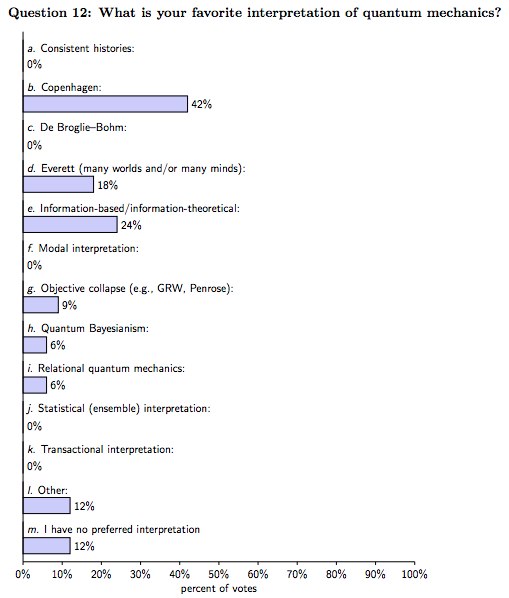Borachio
Way past lunacy
- Joined
- Jan 31, 2012
- Messages
- 26,698
^ Hmm.
That's the kind of standard line that evangelists trot out. I'm come across it many times before.
To be honest, I'm not happy about it. It's too much about "if you're not with us, you're against us", and doesn't seem to make any efforts towards inclusivity, imo.
Now, I'm as inclusive as it's possible to be, I like to think. And if you choose not be my friend because you think I don't agree with you, well, that's your choice.
I see no reason to trust to the power of prayer, either.
There was that study into the health of the UK's Royal Family in the C19th, whose health was the subject of the weekly prayers of several million British citizens every Sunday. The study revealed that their health was no better nor worse than anyone of comparable wealth who was not such a subject.
Also, an omniscient deity surely doesn't need to be told what its minions require. And "Which of you by taking thought can add one cubit unto his stature?".
That's the kind of standard line that evangelists trot out. I'm come across it many times before.
To be honest, I'm not happy about it. It's too much about "if you're not with us, you're against us", and doesn't seem to make any efforts towards inclusivity, imo.
Now, I'm as inclusive as it's possible to be, I like to think. And if you choose not be my friend because you think I don't agree with you, well, that's your choice.
I see no reason to trust to the power of prayer, either.
There was that study into the health of the UK's Royal Family in the C19th, whose health was the subject of the weekly prayers of several million British citizens every Sunday. The study revealed that their health was no better nor worse than anyone of comparable wealth who was not such a subject.
Also, an omniscient deity surely doesn't need to be told what its minions require. And "Which of you by taking thought can add one cubit unto his stature?".




 Apart from that, the amount of trust I have is dependent on the claim in question. If you tell me you have 2 cats and live in a house, I'd probably believe you. If you say you have 2 dragons and live in a castle, I probably wouldn't. Likewise, if you say you know that something can't come from nothing, and thereby know more about the universe than any physicist on the planet, I'd be tempted to be skeptical.
Apart from that, the amount of trust I have is dependent on the claim in question. If you tell me you have 2 cats and live in a house, I'd probably believe you. If you say you have 2 dragons and live in a castle, I probably wouldn't. Likewise, if you say you know that something can't come from nothing, and thereby know more about the universe than any physicist on the planet, I'd be tempted to be skeptical.